Pregnancy
Recent articles
Maternal infection’s link to autism may be a mirage
Family-linked factors explain most associations between maternal illness and autism, a study of 1.1 million Danish children finds.
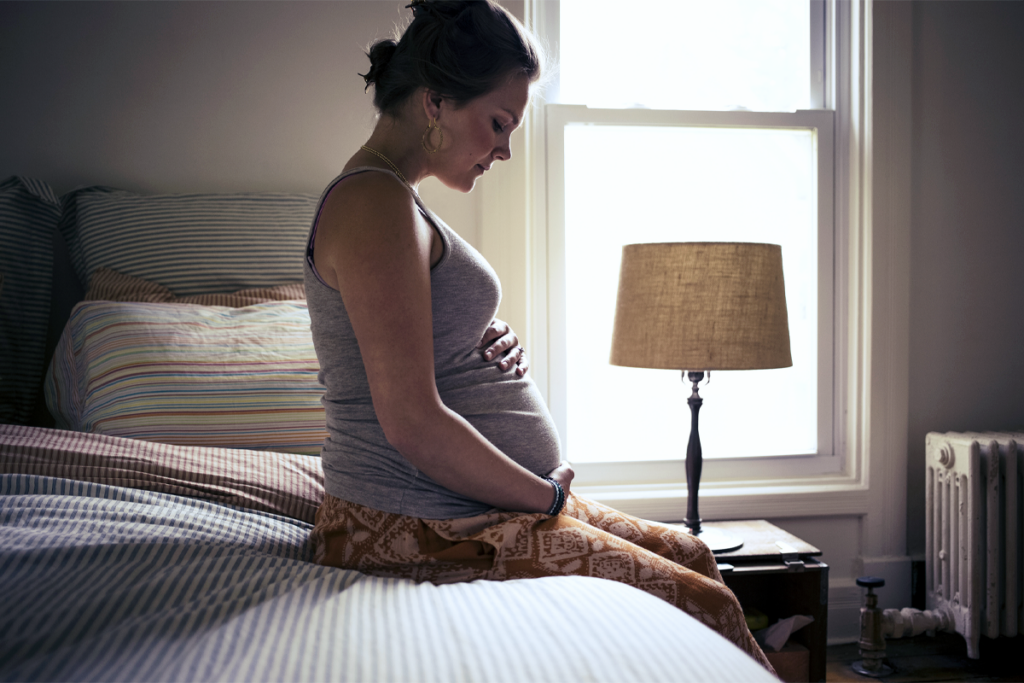
Maternal infection’s link to autism may be a mirage
Family-linked factors explain most associations between maternal illness and autism, a study of 1.1 million Danish children finds.
In case you missed it: Standout news stories from 2024
These five stories—on the pregnant brain, a failed imaging method and more—top our list of some of the most notable neuroscience research findings this year.
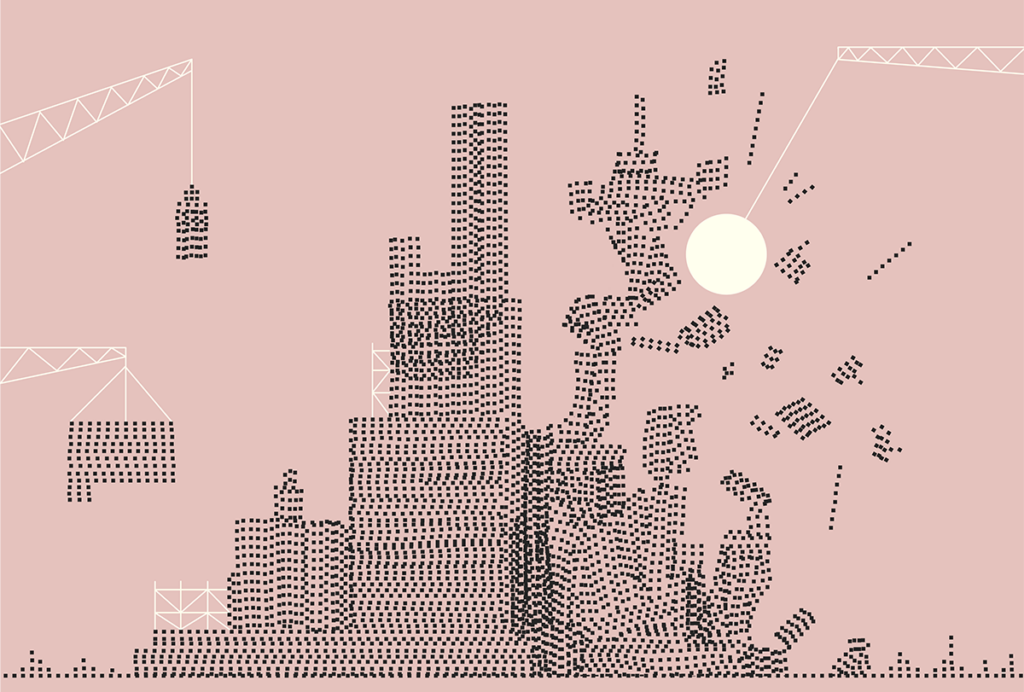
In case you missed it: Standout news stories from 2024
These five stories—on the pregnant brain, a failed imaging method and more—top our list of some of the most notable neuroscience research findings this year.
Repeat scans reveal brain changes that precede childbirth
A detailed look at a “pregnant brain” highlights a need to investigate the neural alterations that occur during a transition experienced by nearly 140 million people worldwide each year.
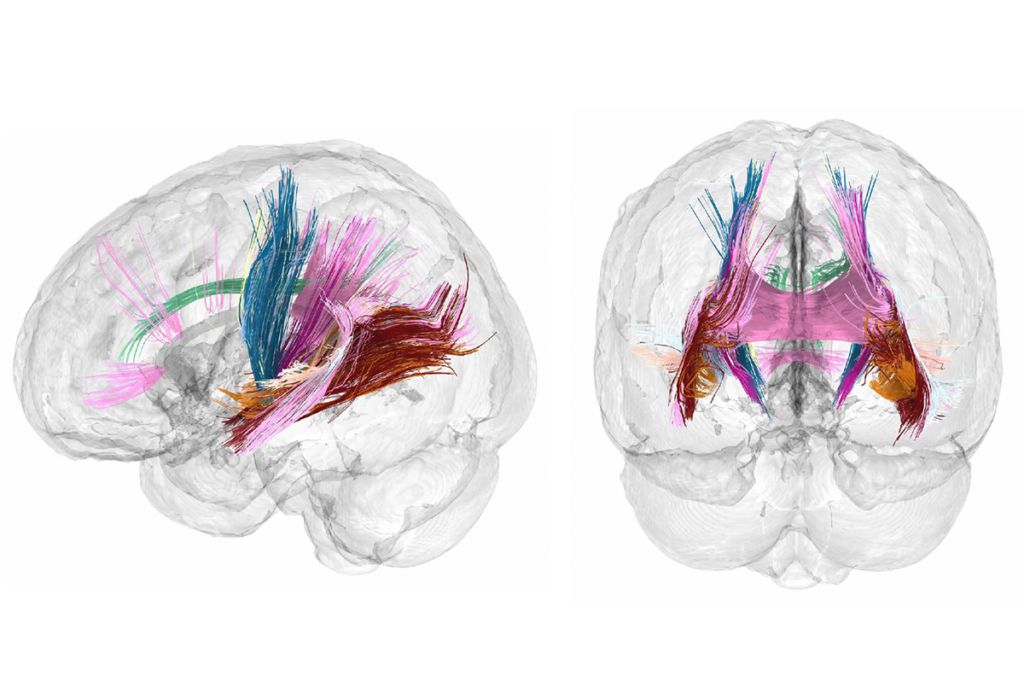
Repeat scans reveal brain changes that precede childbirth
A detailed look at a “pregnant brain” highlights a need to investigate the neural alterations that occur during a transition experienced by nearly 140 million people worldwide each year.
Brain ‘chimeroids’ reveal person-to-person differences rooted in genetics
These fusions created from multiple donors’ organoids may help scale up comparative brain research.
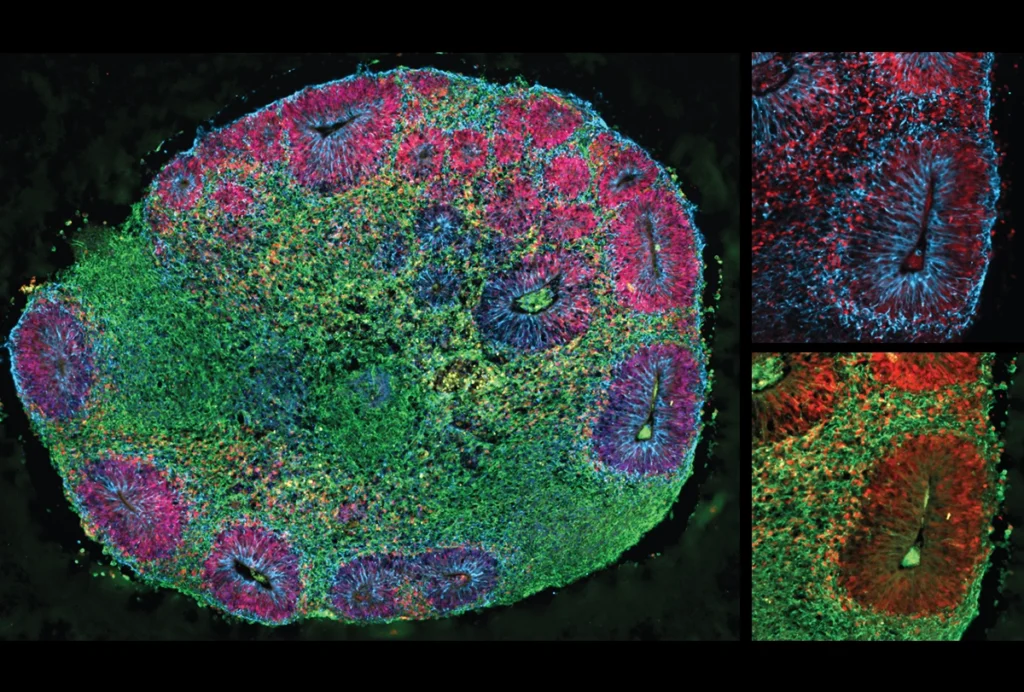
Brain ‘chimeroids’ reveal person-to-person differences rooted in genetics
These fusions created from multiple donors’ organoids may help scale up comparative brain research.
Acetaminophen use during pregnancy does not increase child’s chance of having autism, study finds
The link reported in prior studies likely reflects confounding factors, which sibling-matched controls in the new work address.

Acetaminophen use during pregnancy does not increase child’s chance of having autism, study finds
The link reported in prior studies likely reflects confounding factors, which sibling-matched controls in the new work address.
Immune-activation model mice escape infantile amnesia, retain early memories
Male pups born to mothers treated with immune-stimulating molecules show autism-like behaviors and, unlike wildtype animals, do not lose memories formed during early life.
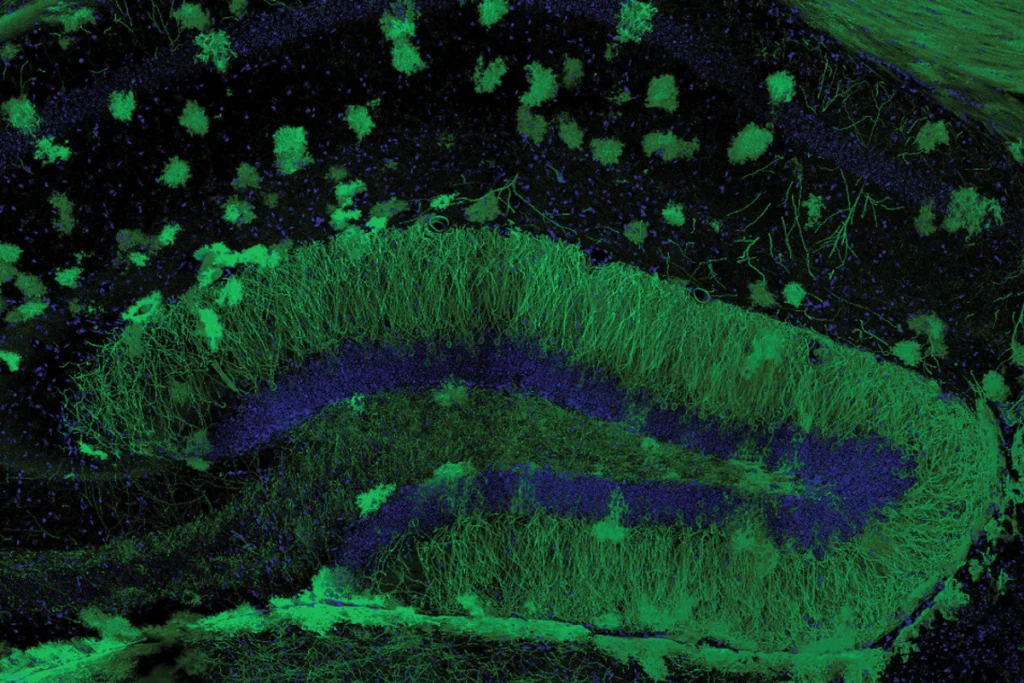
Immune-activation model mice escape infantile amnesia, retain early memories
Male pups born to mothers treated with immune-stimulating molecules show autism-like behaviors and, unlike wildtype animals, do not lose memories formed during early life.
The true meaning of a null result
This edition of Null and Noteworthy highlights results that reveal the difficulty in drawing definitive conclusions from data, including new findings about epidurals that contradict several others and an apparent null result on sex differences that may derive from “circular logic.”
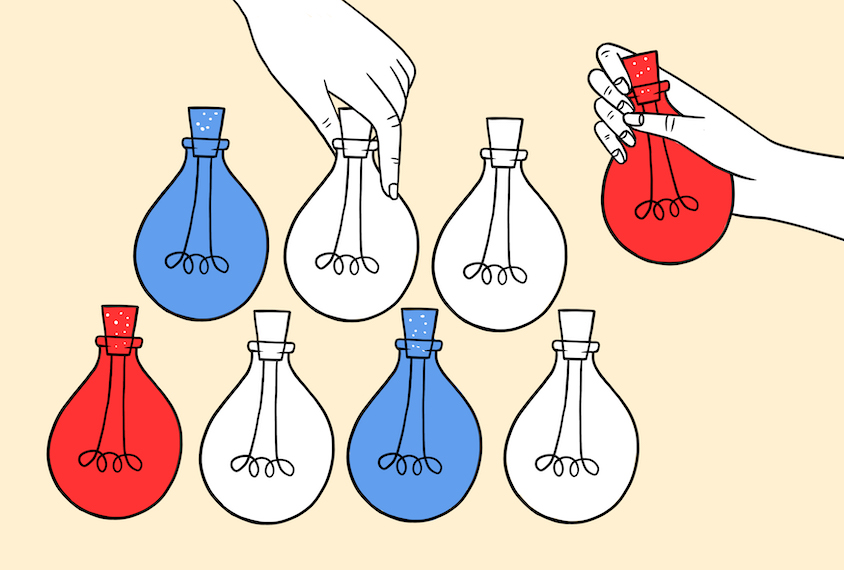
The true meaning of a null result
This edition of Null and Noteworthy highlights results that reveal the difficulty in drawing definitive conclusions from data, including new findings about epidurals that contradict several others and an apparent null result on sex differences that may derive from “circular logic.”
Atlas charts cells of human placenta, uterus across early pregnancy
A new resource gives an unparalleled look at how fetal placental cells attach to the uterine wall and remodel maternal blood vessels to access nutrients.
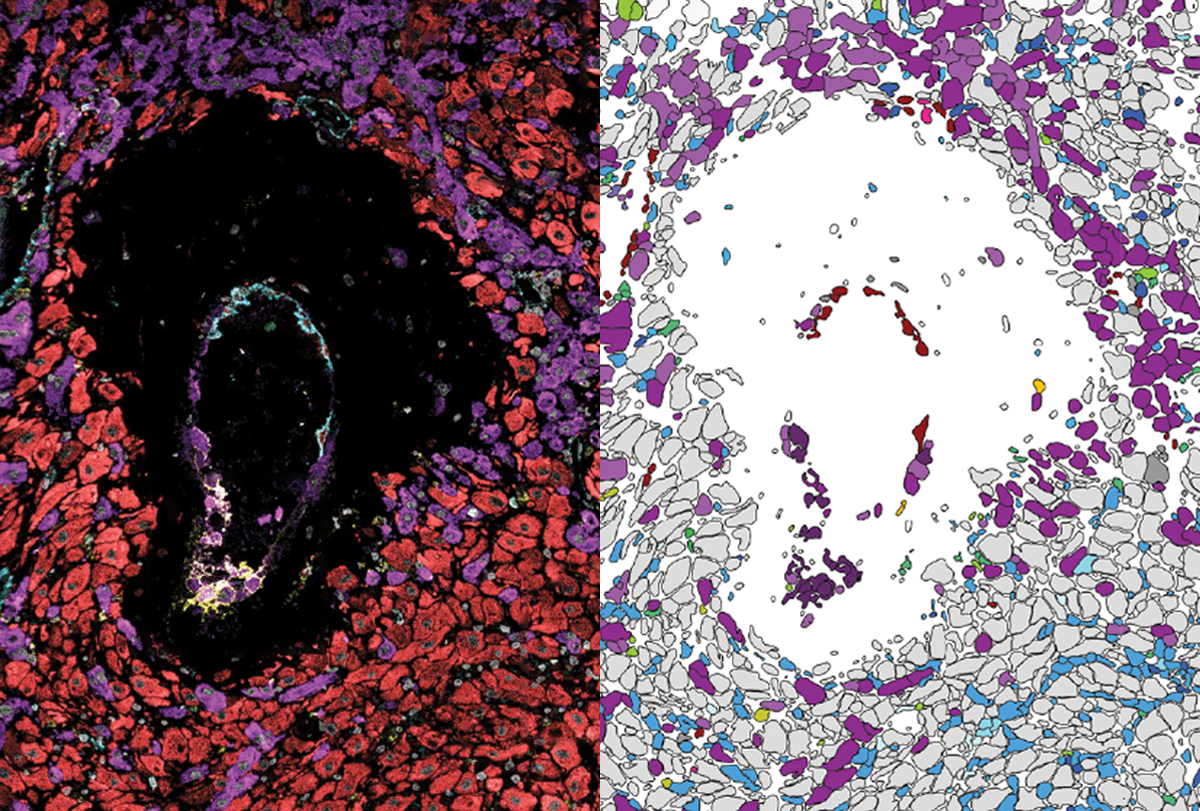
Atlas charts cells of human placenta, uterus across early pregnancy
A new resource gives an unparalleled look at how fetal placental cells attach to the uterine wall and remodel maternal blood vessels to access nutrients.
Change of heart and mind: Autism’s ties to cardiac defects
Children with congenital heart disease have an increased likelihood of autism. Why?
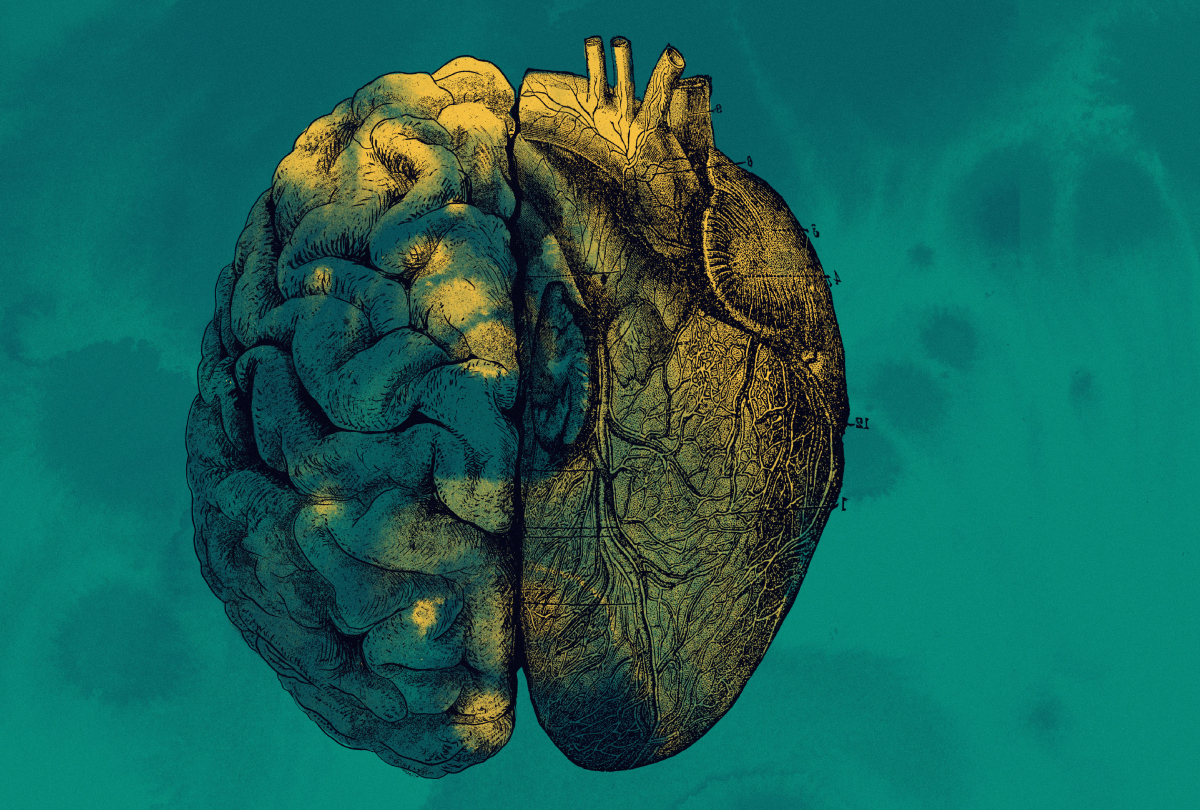
Change of heart and mind: Autism’s ties to cardiac defects
Children with congenital heart disease have an increased likelihood of autism. Why?
Prenatal exposures; Angelman trial suspension; autistic adult well-being
This month’s issue of the Null and Noteworthy newsletter breaks down some negative results involving prenatal exposures, an experimental treatment for Angelman syndrome, and the role that age at autism diagnosis plays in subsequent outcomes, and more.
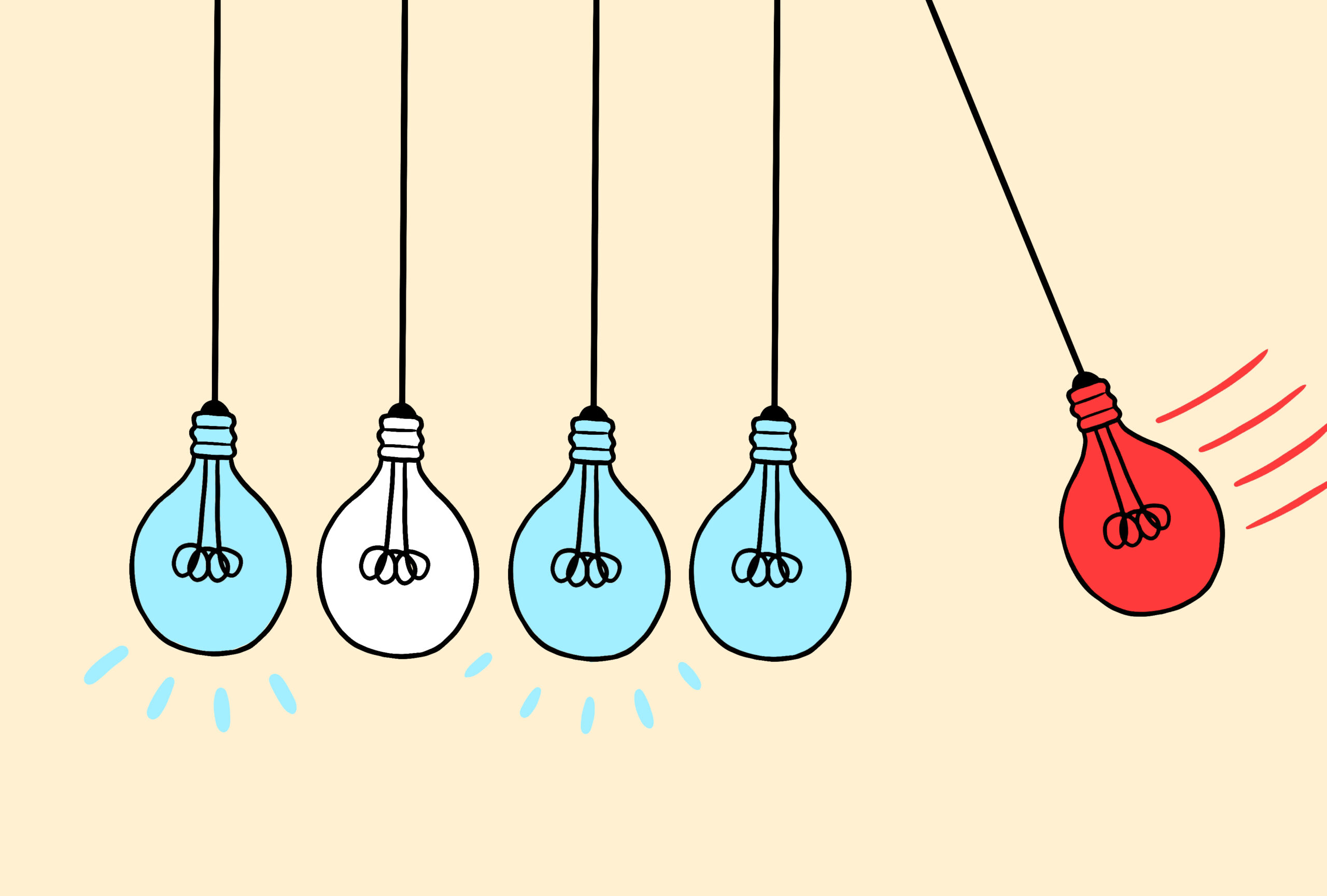
Prenatal exposures; Angelman trial suspension; autistic adult well-being
This month’s issue of the Null and Noteworthy newsletter breaks down some negative results involving prenatal exposures, an experimental treatment for Angelman syndrome, and the role that age at autism diagnosis plays in subsequent outcomes, and more.
Explore more from The Transmitter
Developmental delay patterns differ with diagnosis; and more
Here is a roundup of autism-related news and research spotted around the web for the week of 14 April.

Developmental delay patterns differ with diagnosis; and more
Here is a roundup of autism-related news and research spotted around the web for the week of 14 April.
‘Natural Neuroscience: Toward a Systems Neuroscience of Natural Behaviors,’ an excerpt
In his new book, published today, Nachum Ulanovsky calls on the field to embrace naturalistic conditions and move away from overcontrolled experiments.

‘Natural Neuroscience: Toward a Systems Neuroscience of Natural Behaviors,’ an excerpt
In his new book, published today, Nachum Ulanovsky calls on the field to embrace naturalistic conditions and move away from overcontrolled experiments.
Functional MRI can do more than you think
Recent technological advances provide a range of new and different information about brain physiology. But taking full advantage of these gains depends on collaboration between engineers and neuroscientists.

Functional MRI can do more than you think
Recent technological advances provide a range of new and different information about brain physiology. But taking full advantage of these gains depends on collaboration between engineers and neuroscientists.